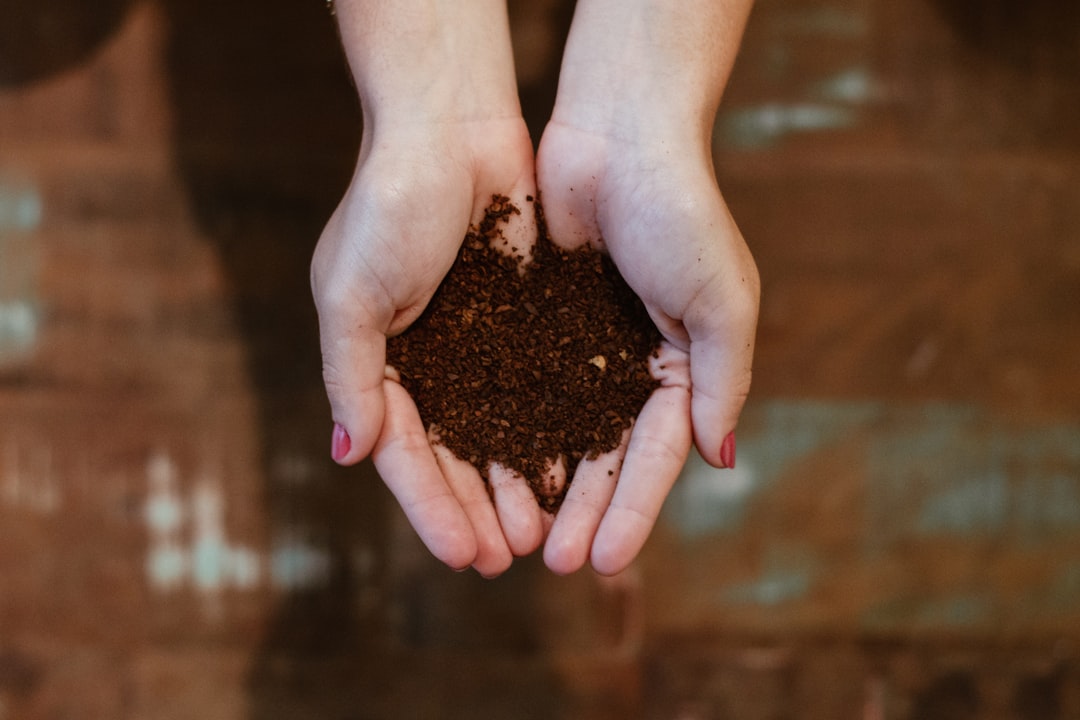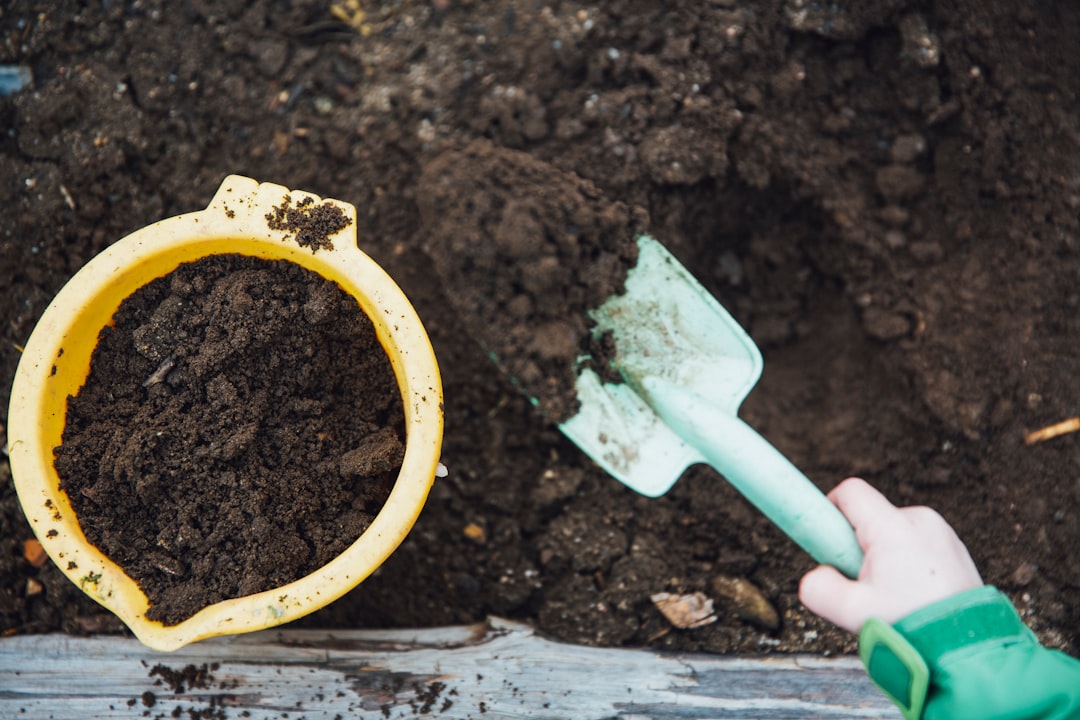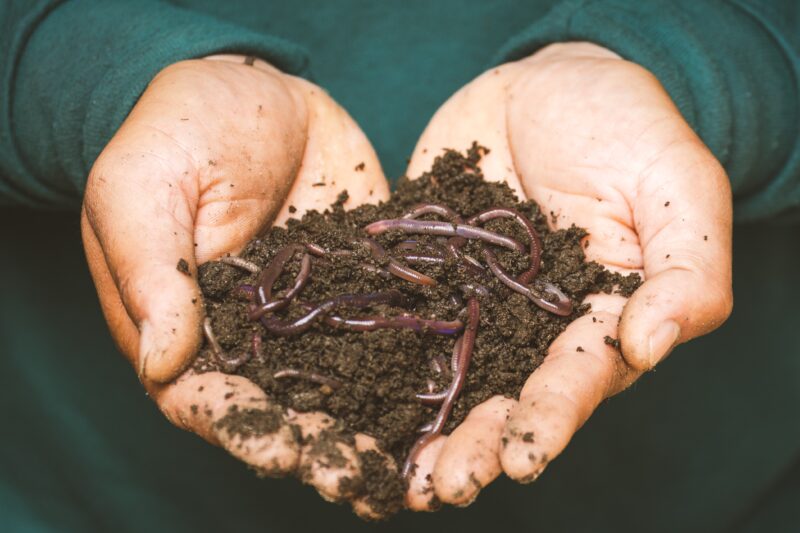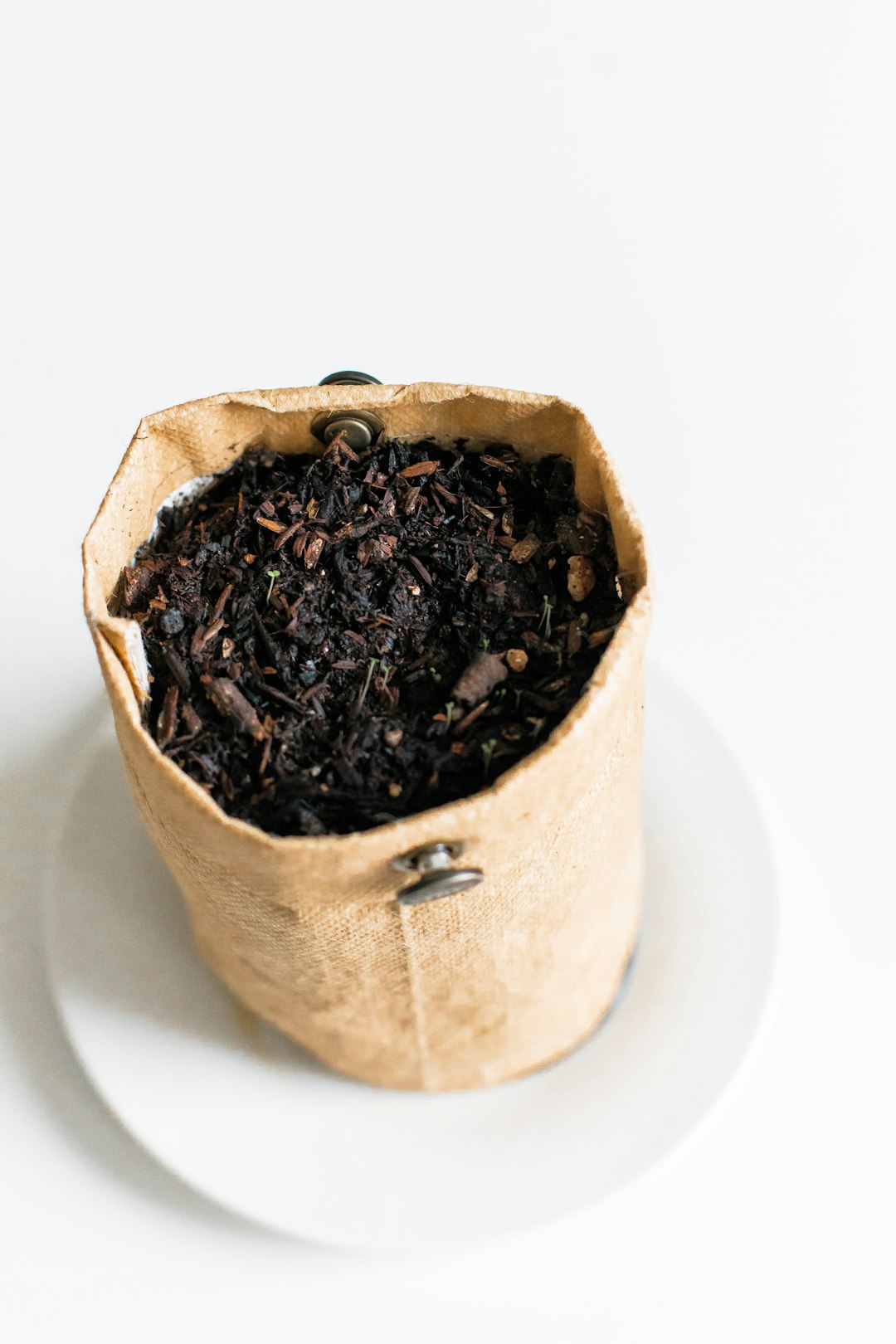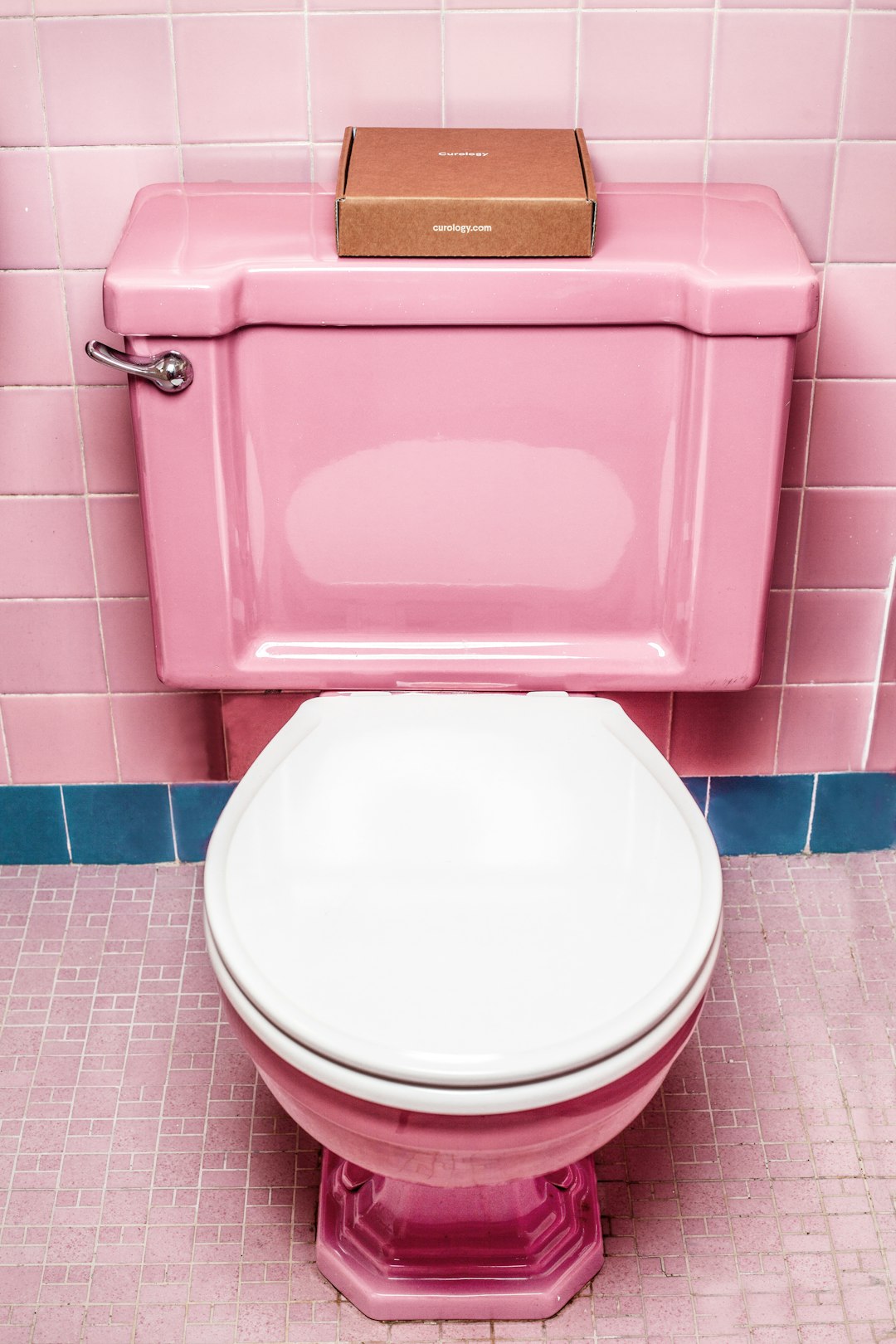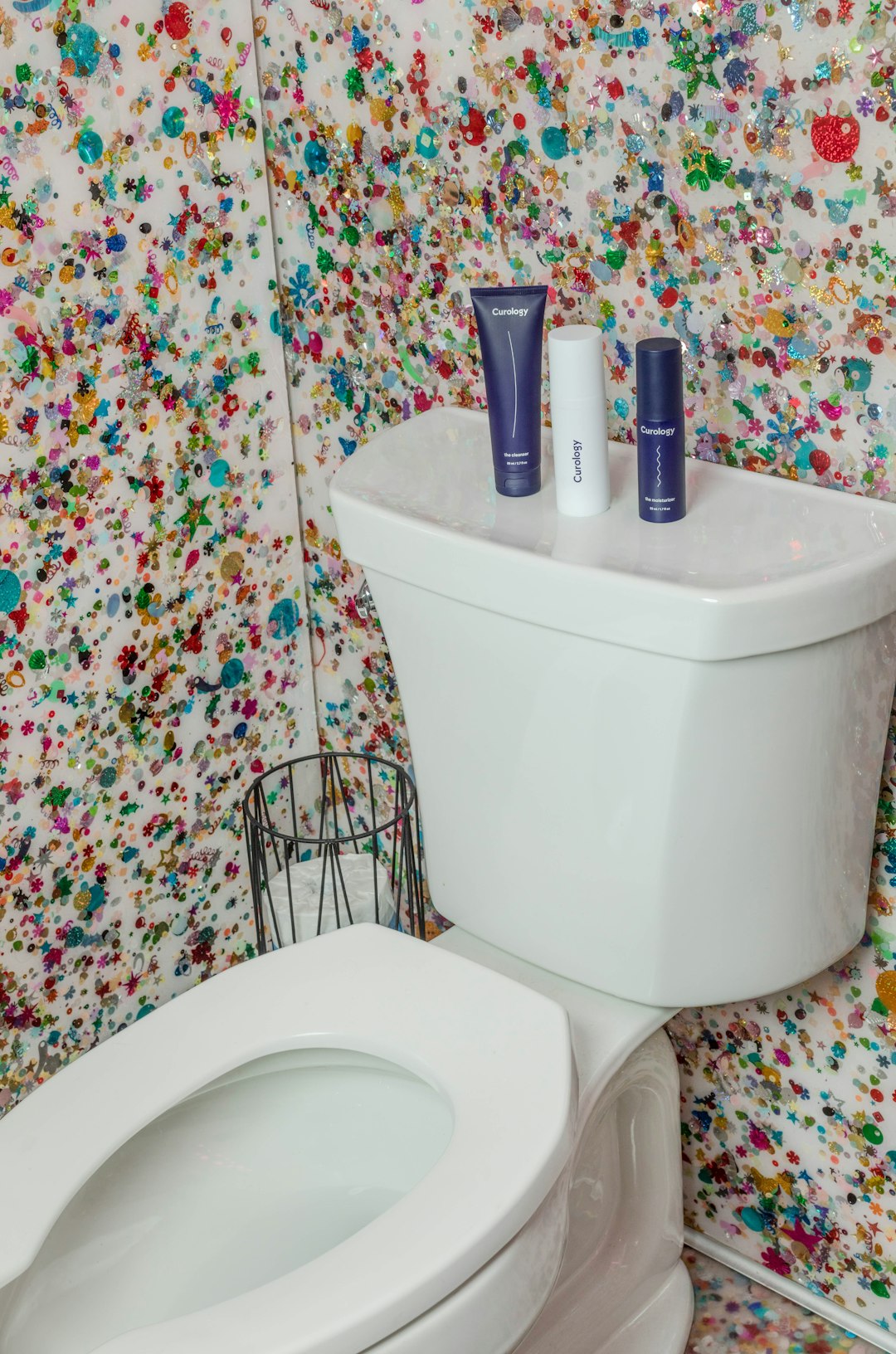
Although the process of composting can seem slow, there are ways to speed it up. Do you want to learn how to speed up composting? If so, you have come to the right place!
In this blog post, we will discuss some simple tips that you can use to speed up the process of composting.
We will also provide a few helpful resources that you can use for further reading. So, without further ado, let’s get started!
Composting Basics:
Composting is an excellent way to reduce waste, add nutrient-rich organic materials to your soil, and help your plants thrive. The key to successful composting is to create a balance of carbon- and nitrogen-rich materials.
Carbon-rich materials, such as dead leaves and twigs, help to promote aeration and provide essential structure for the compost pile.
Nitrogen-rich materials, such as green leaves and fruits, promote decomposition and provide essential nutrients for plants. Successful composting also requires the regular turning of the pile to aerate the materials and encourage decomposition.
With a little care and attention, you can easily turn kitchen scraps and yard waste into valuable compost that will make your garden grow!
Composting Guide:
Composting is a simple process of layering organic matter and allowing it to decompose over time. You can do this in a designated compost bin or simply pile it up in an out-of-the-way spot in your yard.
Start by layering garden waste and kitchen scraps in alternating layers. Then, add a layer of shredded paper or cardboard for added carbon. Finally, top it off with a layer of soil or finished compost to help jumpstart the decomposition process.
Water your compost pile regularly, but be sure not to make it too wet as this can slow down the decomposition process. Once every few weeks, turn your pile with a pitchfork to aerate it and help speed up the process. After a few months, you should have fresh compost to use in your garden!
Types Of Composting:
Here are the types of composting:
Hot Compost Pile:
Hot composting is the quickest way to break down organic matter and is ideal for larger amounts of garden waste. It is also known as aerobic composting. The process happens when microorganisms decompose the material at high temperatures, typically between 55-70°C.
Cold Composting:
Cold composting is a slower process, but it’s much easier to manage and doesn’t require turning. This type of composting happens at lower temperatures, between 0-20°C.
What To Compost?

Almost any organic matter can be added to your compost bin, but there are a few things you should avoid. Composting is all about balancing the right ingredients to create rich, nutrient-dense compost that will nourish your plants. The best things to add to your compost include:
- Garden waste: leaves, grass clippings, dead flowers, etc.
- Kitchen scraps: fruit and vegetable peels, coffee grounds, eggshells, etc.
- Paper: shredded paper or cardboard, napkins, etc.
You should avoid adding meat scraps or bones to your compost bin as they can attract animals and cause odor problems. You should also avoid adding diseased plants or weed seeds as they can spread to your other plants.
How To Speed Up The Composting Process?
One of the most rewarding things about gardening is being able to create your compost. Used compost materials like horse manure, coffee grounds, eggshells, and vegetable scraps can all be recycled into rich, crumbly compost that provides essential nutrients for your plants.
However, the composting process can sometimes take months, leaving gardeners impatient for results.
If you find yourself in this situation, there are a few things you can do to speed up the composting process.
One way to speed up the composting process is to shred your organic material before adding it to the compost piles. There are several ways to speed up composting. One way is to add more brown material such as dead leaves, straw, and wood chips.
Green materials such as grass clippings and kitchen scraps add nitrogen to the compost pile. The ratio of green and brown materials should be about 3:1.
Compost piles need air to aerate the material and help decompose it. You can turn the compost pile with a pitchfork every few days or use an aerator. If the compost pile is too wet, add more brown materials; if it’s too dry, add more green materials.
Another way to speed up composting is to shred the organic material before adding it to the compost pile. This will help it break down faster. You can also use a compost activator, which is a material that helps speed up the decomposition process.
Composting is a great way to reduce waste and create nutrient-rich soil for your garden. By following these tips, you can speed up the composting process and enjoy the benefits of compost sooner!
Finally, make sure to keep your compost pile moist but not waterlogged. The microorganisms that break down organic matter need moisture to survive, but too much water will slow down their activity.
By following these simple tips, you can enjoy rich, crumbly compost in no time.
Tips And Tricks For Successful Composting:
There are a few things you can do to speed up the composting process
- Add more organic matter to your compost heap. The more organic matter there is, the faster it will decompose
- Use compost activators. Compost activators help to break down organic matter and speed up the decomposition process
- Turn the compost regularly. This aerates the compost and helps it to decompose faster
- Keep the compost moist. The compost should be damp, but not wet. If it’s too dry, it will slow down the decomposition process
- Add some earthworms to your compost heap. Earthworms help to aerate the compost and break down organic matter
- Make sure the large compost heap is in a sunny spot. The heat will help to speed up the decomposition process
- Use nutrient-rich compost. This will help to fertilize your plants and make them grow faster.
